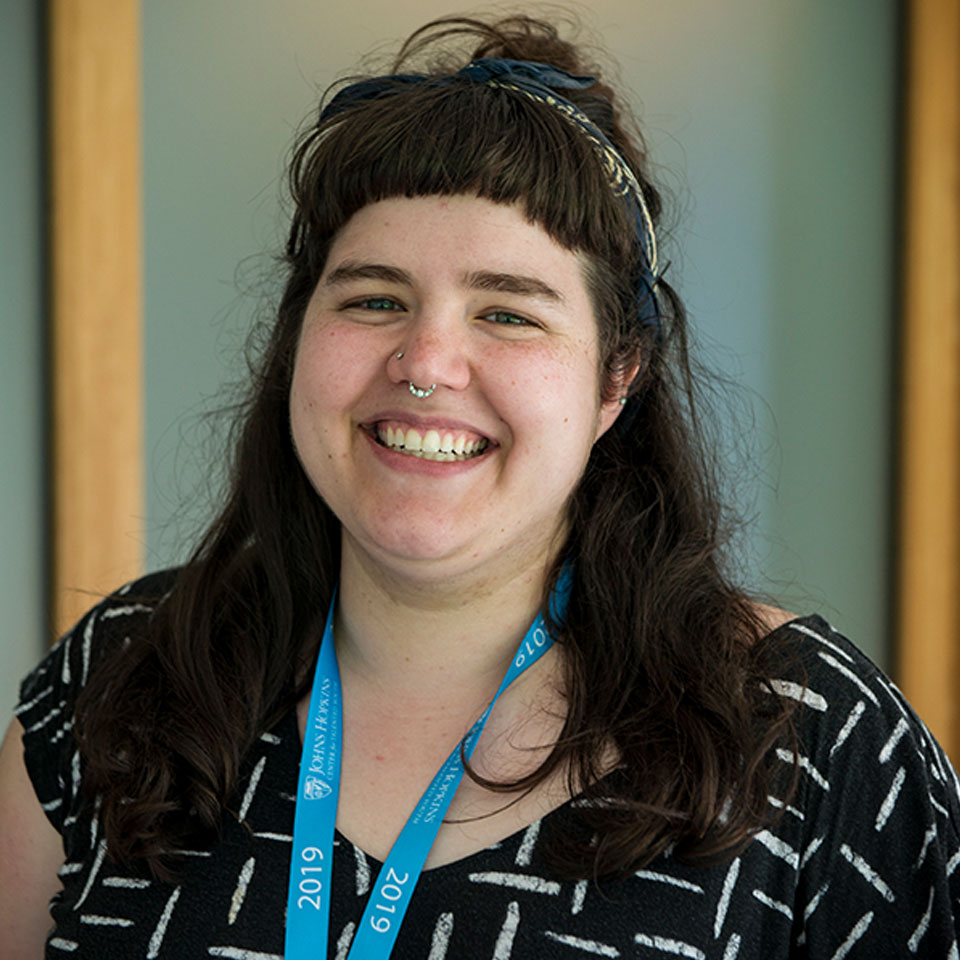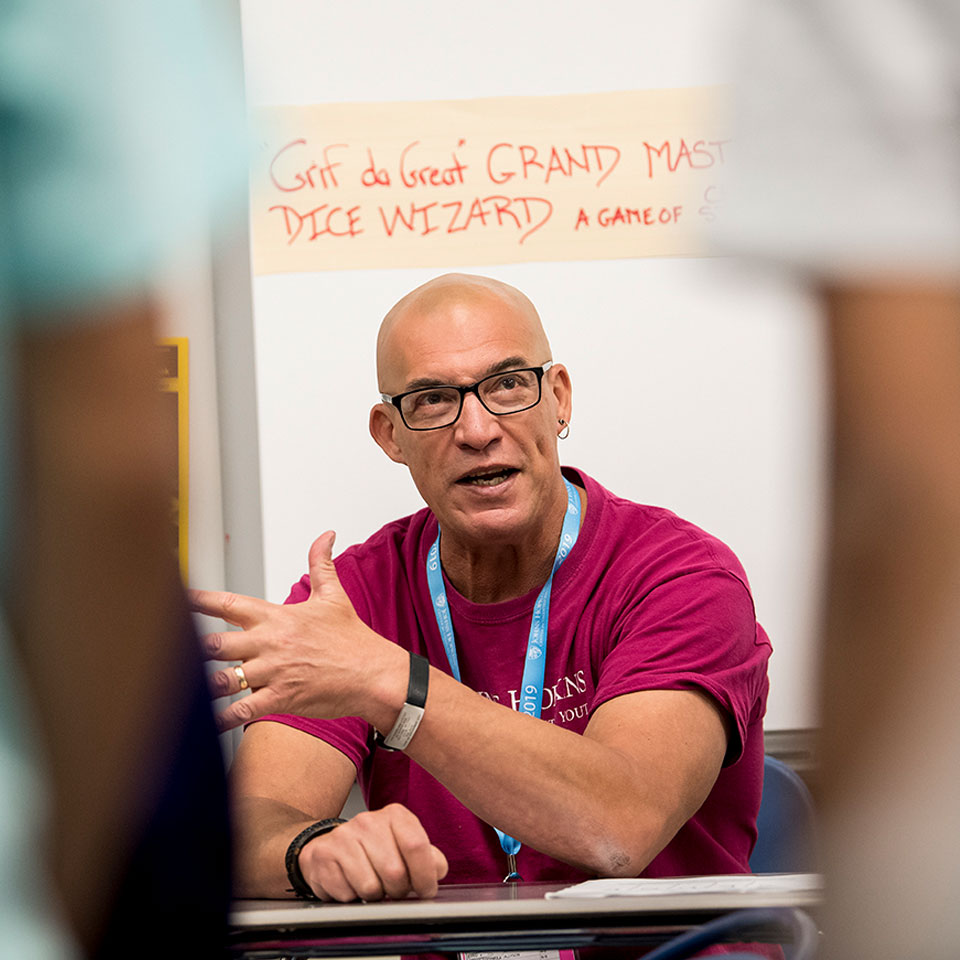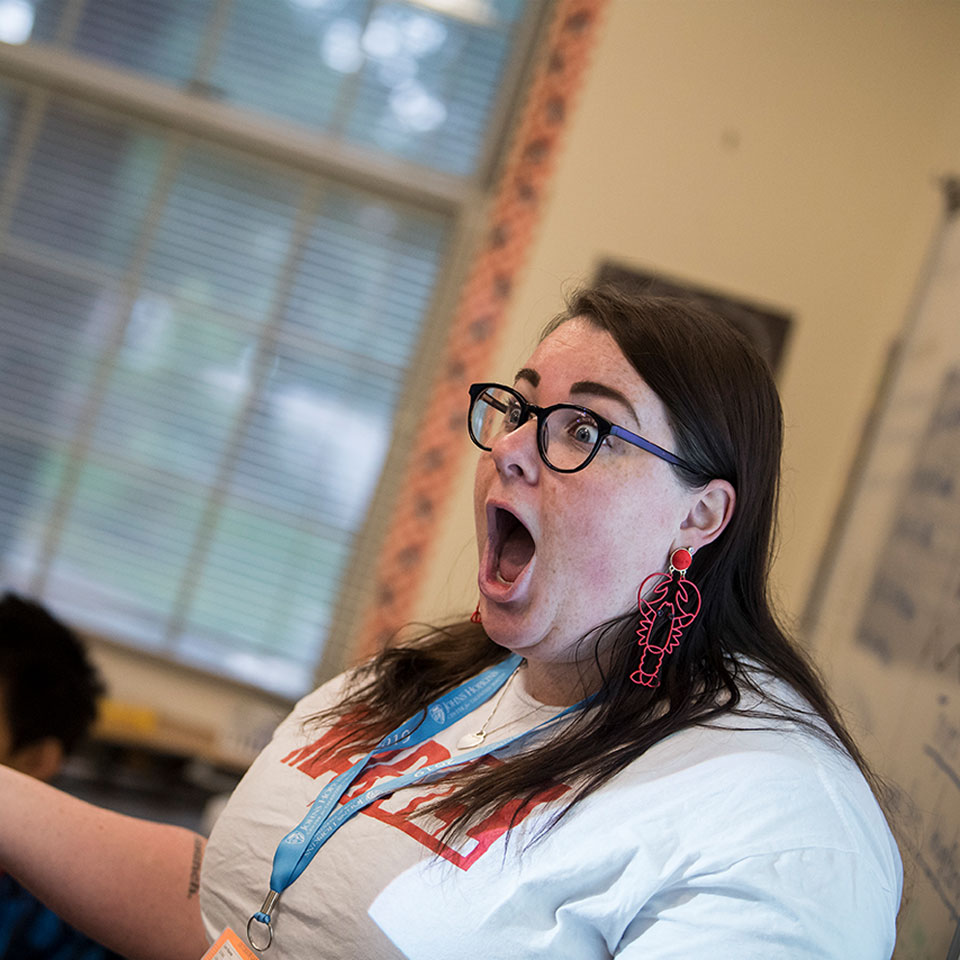Breadcrumbs
Number Theory
- Grades 7-11
- Advanced CTY-Level
-
Residential
- Mathematics
Called "The Queen of Mathematics" by the great mathematician Carl Friedrich Gauss, number theory is the study of the natural number system from which all others are derived. Despite the simplicity of the natural numbers, many accessible problems in number theory remain unsolved. For example, the Goldbach Conjecture, formulated in 1742, which posits that every even integer larger than 2 is the sum of two prime numbers, has defied all proof attempts. In this proof-based course, you’ll learn the major ideas of elementary number theory and the historical framework in which they were developed. While strengthening your ability to analyze and construct formal proofs, you and your classmates will explore topics such as the Euclidean Algorithm and continued fractions, Diophantine equations, Fibonacci numbers and the golden ratio, modular arithmetic, Fermat’s Little Theorem, and RSA public key cryptography. You’ll leave the course with an appreciation for the elegance of theoretical mathematics and the ability to craft rigorous arguments.
Typical Class Size: 16-18
This course is
ungraded.
Summer Dates & Locations
Session One

Testing and Prerequisites
| Math | Verbal | |
|---|---|---|
| Required Level | Advanced CTY-Level | Not required |
Students must achieve qualifying scores on an advanced assessment to be eligible for CTY programs. If you don’t have qualifying scores, you have several different testing options. We’ll help you find the right option for your situation.
Sign up for Testing Learn MoreCourse Prerequisites
Number Theory requires:1 prerequisite
Geometry and Algebra 2
Cost and Financial Aid
Tuition
- Varies
Application fee
- Nonrefundable Application Fee - $55 (Waived for financial aid applicants)
- Nonrefundable International Fee - $250 (outside US only)
We have concluded our financial aid application review process for 2025 On-Campus Programs. We encourage those who may need assistance in the future to apply for aid as early as possible. We are committed to serving all talented youth regardless of financial circumstances. Financial assistance is available based on need.
Course Materials
Students should bring basic school supplies like pens, notebooks, and folders to their summer program. You will be notified of any additional items needed before the course begins. All other materials will be provided by CTY.
Sample Reading
These titles have been featured in past sessions of the course, and may be included this summer. CTY provides students with all texts; no purchase is required.
- Number Theory: A Lively Introduction with Proofs, Applications, and Stories, James Pommersheim, Tim Marks, and Erica Flapan
About Mathematics at CTY
Explore the study of shapes
Many of our courses allow students to describe the world around them in basic and profound ways. Younger students build foundational skills by exploring shape, scale, and proportion in Geometry and Spatial Sense. Middle School students delve into real-world applications of lines and analyze data with curves that follow uniform, symmetric, bell-shaped, or skewed patterns in Data and Chance. Advanced students unveil the deep interplay between numbers and shapes, investigating how triangular, square, and polygonal numbers create patterns that bridge geometry and algebra in Number Theory. By examining these elegant number patterns and symmetries, students discover how mathematics captures the intricate beauty and underlying structure of the natural world.
Dive deep into logic and reasoning
Our courses in formal logic give you the tools to question the world around you. Inductive and Deductive Reasoning introduces younger students to different types of reasoning, as well as the strengths and weaknesses inherent in various forms of critical analysis. Older students explore how logical reasoning can explain (or fail to explain) counter-intuitive results in Paradoxes and Infinities, or take a more rigorous approach to formal logic in Mathematical Logic.




